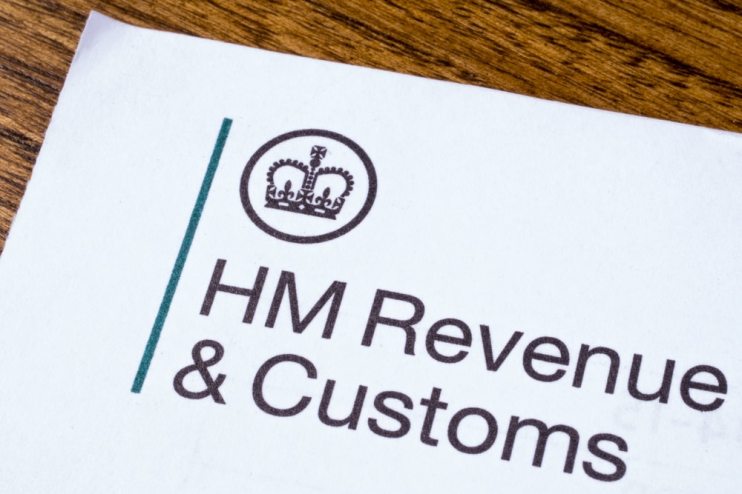No firms charged with ‘failure to prevent’ tax evasion in 6 years – here’s why

The UK taxman has not charged any British firm with the ‘failure to prevent tax evasion’ offence since it was introduced six years ago, HMRC has confirmed.
Under the offence, introduced in 2017, a British company can be criminally prosecuted if it was found to have not put adequate checks and systems to prevent its staff from facilitating tax evasion.
While HMRC confirmed it hasn’t secured any convictions, it did say it has nine ongoing investigations into possible breaches of the UK’s ‘failure to prevent tax evasion laws.’
It added that it is reviewing a further 26 cases for potential investigation, having previously rejected a total of 77 opportunities to open an investigation.
In explaining the lack of convictions, a HMRC spokesperson told City A.M. the offences were introduced to “drive behavioural change and encourage organisations to put preventative measures in place to reduce tax evasion.”
The HMRC spokesperson claimed the 2017 laws had already achieved “success” in driving a “corporate culture shift towards anti-tax evasion awareness and procedures”.
However, City lawyers warned that failure to bring any cases means the law risks losing its deterrent effect.
“An important component of criminal law is the deterrent effect,” Barry Vitou, head of white-collar crime at law firm HFW, said. “However, the bottom line is that in order for there to be a deterrent, you need to prosecute and punish wrongdoers.”
Vitou explained that funding cuts at HMRC have left the taxman “under resourced” as he suggested that resourcing issues were likely to be a “key factor” in explaining the lack of prosecutions.
Nicholas Gardner, a tax partner at Ashurst, said the lack of enforcement action risks lowering the appetite firms have to “spend substantial sums” on ensuring they are on the right side of the ‘failure to prevent’ laws, as he argued a “successful conviction” would drive a “tightening” of companies’ policies and procedures.
However, corporate crime lawyer Aziz Rahman, senior partner at Rahman Ravelli, highlighted that it often takes years for such cases to “work their way through the system” as he suggested some of HMRC may have also opted to settle some of the cases it worked on using its civil enforcement powers.
But he acknowledged that resourcing issues could have also hindered HMRC’s efforts.